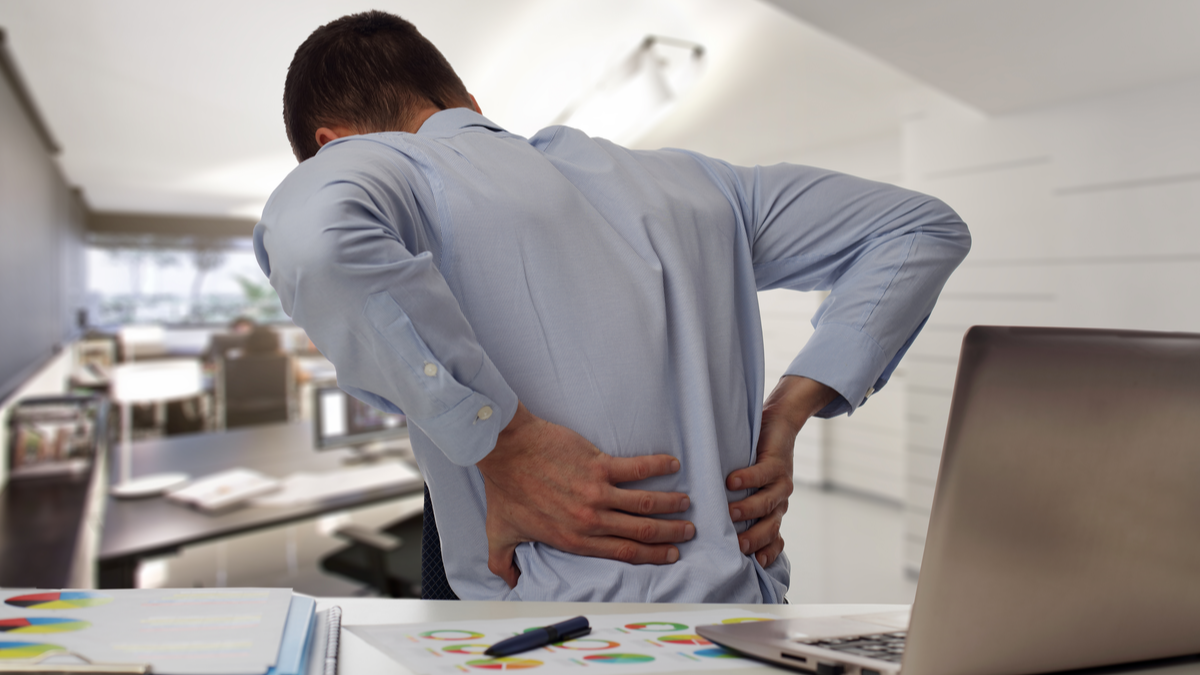Knowing how to clean your teeth correctly makes an enormous difference in your long-term oral health. It helps to preserve your natural teeth as you age in addition to giving you a beautiful smile. You might be surprised at the improvement in your oral health when you commit just 10 minutes a day to caring for your teeth and gums.
Make Brushing and Flossing Part of Your Normal Routine
It takes just a few minutes to brush your teeth every morning and evening. If you’re in a hurry and are tempted to skip tooth brushing, consider that bacteria can start growing in your mouth immediately after you eat. Regular brushing helps control the spread of bacteria that can lead to tooth decay, gum disease, and the eventual loss of teeth. Many dentists recommend buying a soft-bristled toothbrush and making sure that your toothpaste contains fluoride. Be sure to hold your toothbrush at an angle when your brush and spend several seconds on the front and back of each tooth.
Even the best toothbrush can’t always reach the back teeth or the food particles and plaque stuck between teeth. That’s why making flossing part of your daily routine is essential. Wrap a clean piece of floss by the end of each finger and then place it on each tooth. Pull the floss back and forth several times until you see that it has removed the particles your toothbrush couldn’t loosen. You may experience bleeding gums if you haven’t flossed regularly in the past. If this persists beyond a few days, be sure to let your dentist know.
Eat a Healthy Diet and Avoid Bad Habits
Since snack food is high in sugar, you should only eat it occasionally and brush your teeth as soon as possible afterward. Eating nutritious foods is better for your body as well as your teeth. Additionally, habits such as smoking, chewing tobacco, and drinking a lot of coffee or soda can all damage the enamel of your teeth. This leaves them weakened and discolored.
By taking care with your diet and committing to daily brushing and flossing, you increase the likelihood of receiving a clean bill of oral health at your dental check-ups.





